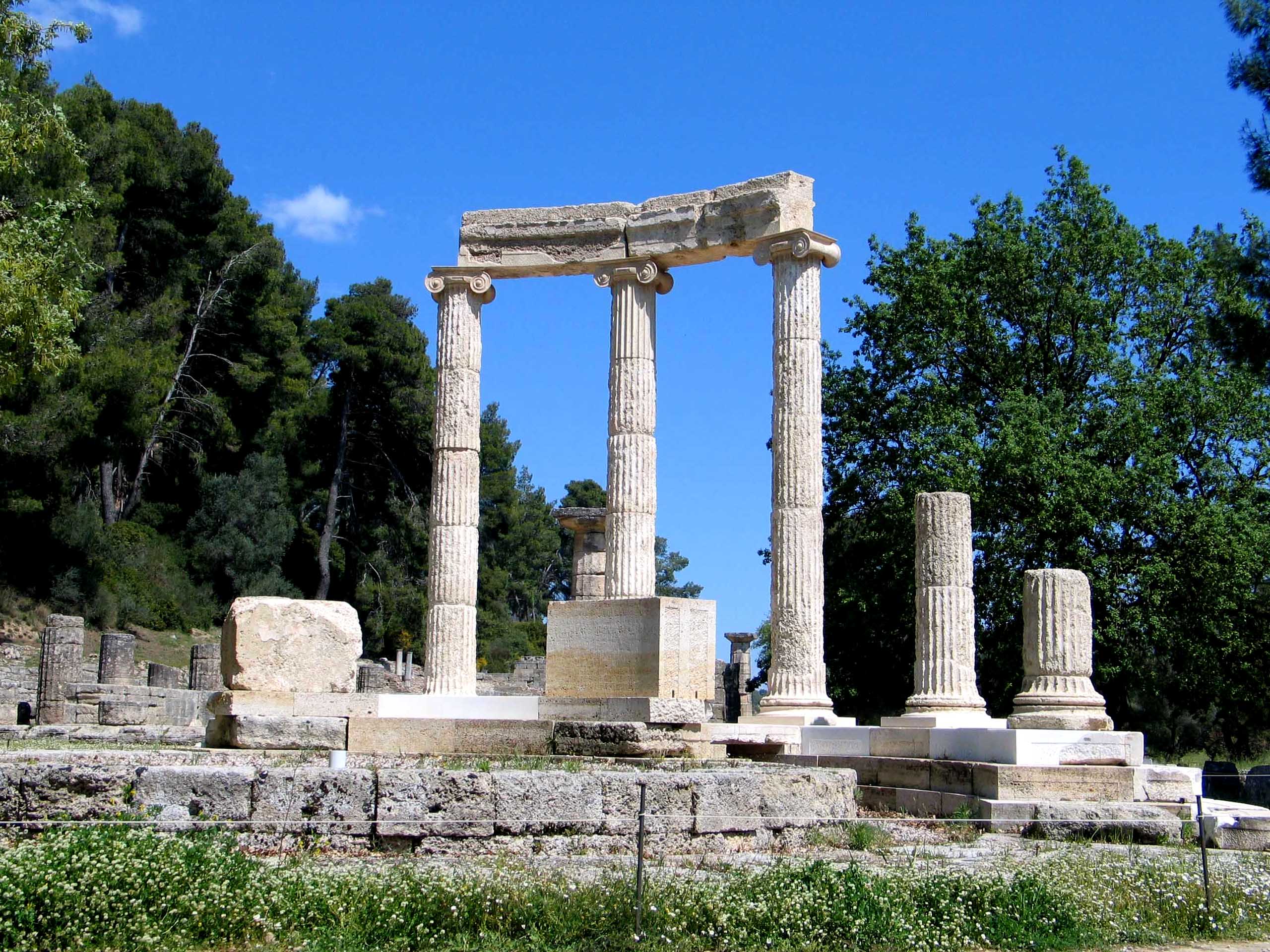The Historical Significance Of The Ancient Olympic Games In Olympia
Share

The ancient Olympic Games, held in Olympia, Greece, are a cornerstone of Western civilization and sports history. These games were not merely athletic competitions; they were a celebration of culture, religion, and unity among the Greek city-states. Understanding their historical significance provides insight into their lasting impact on modern society.
Origins of the Olympic Games

The origins of the Olympic Games can be traced back to 776 BC, when the first recorded Olympic champion, Coroebus of Elis, won a footrace. The games were held in honor of Zeus, the king of the Greek gods, and took place every four years at the sanctuary of Olympia. This period, known as the Olympiad, became a crucial marker of time for the Greeks.
The games were initially a local festival but grew to attract participants from various city-states, fostering a sense of unity among the often-warring factions of ancient Greece. The truce, known as the Olympic Peace, allowed athletes to travel safely to Olympia, emphasizing the games' role in promoting peace and cooperation.
Key Events and Competitions

The Olympic Games featured a variety of events, including running, wrestling, boxing, and the pentathlon, which consisted of five disciplines: running, long jump, discus throw, javelin throw, and wrestling. The most prestigious event was the chariot race, which showcased not only the skill of the driver but also the quality of the horses.
Athletes competed nude, symbolizing the celebration of the human body and its capabilities. Victors were awarded olive wreaths, a symbol of peace and victory, and were celebrated as heroes upon their return to their home city-states.
Cultural and Religious Significance
The Olympic Games were deeply intertwined with Greek religion and culture. They served as a religious festival, with sacrifices and offerings made to Zeus. The games also featured artistic competitions, including poetry and music, highlighting the connection between athletic prowess and cultural achievement.
The significance of the games extended beyond mere competition; they were a platform for showcasing Greek ideals of beauty, strength, and excellence. The Olympic motto, "Citius, Altius, Fortius" (Faster, Higher, Stronger), embodies these principles and continues to inspire athletes worldwide.
The Decline of the Ancient Games
As the Roman Empire expanded, the Olympic Games began to decline. In 393 AD, Emperor Theodosius I banned the games, viewing them as pagan rituals incompatible with Christianity. The site of Olympia fell into disrepair, and the games were forgotten for centuries.
It wasn't until the 19th century that the Olympic Games were revived, thanks to the efforts of Baron Pierre de Coubertin, who sought to promote physical education and international cooperation. The first modern Olympic Games were held in Athens in 1896, reigniting the spirit of the ancient games.
Visiting Olympia Today
Today, Olympia is a UNESCO World Heritage site, attracting visitors from around the globe. The archaeological site includes the ruins of the ancient stadium, temples, and the Olympic Museum, which showcases the history and significance of the games.
Best Time to Visit
The best time to visit Olympia is during the spring (April to June) and fall (September to October) when the weather is mild and the tourist crowds are smaller. Summers can be hot, with temperatures often exceeding 30°C (86°F), making outdoor exploration less comfortable.
Key Attractions
- Archaeological Site of Olympia: Explore the ruins of the ancient stadium, temples, and the site of the original Olympic Games.
- Olympic Museum: Discover the history of the Olympic Games and their evolution into the modern era.
- Temple of Zeus: Visit the remains of this grand temple, once home to a colossal statue of Zeus, one of the Seven Wonders of the Ancient World.
Things to Do
- Guided Tours: Consider joining a guided tour to gain deeper insights into the history and significance of the site.
- Local Cuisine: Enjoy traditional Greek dishes at local tavernas, experiencing the flavors of the region.
- Nature Walks: Take advantage of the beautiful surrounding landscapes with hiking and nature walks.
For those planning a trip, booking accommodations and flights is essential. Consider checking out Hotels & Flights for great deals, and if you need transfers, Transfers can help you navigate your journey.
The Legacy of the Olympic Games
The ancient Olympic Games have left an indelible mark on the world of sports and culture. They symbolize the pursuit of excellence, unity, and the celebration of the human spirit. The revival of the games in the modern era has allowed these values to flourish, inspiring generations of athletes and spectators alike.
As you plan your visit to Olympia, reflect on the profound historical significance of the site. It is not just a place to witness ancient ruins but a destination that embodies the spirit of competition, peace, and cultural heritage that continues to resonate today.
Whether you're an athlete, a history buff, or simply a traveler seeking to connect with the past, Olympia offers a unique glimpse into the origins of one of the world's most celebrated traditions.



